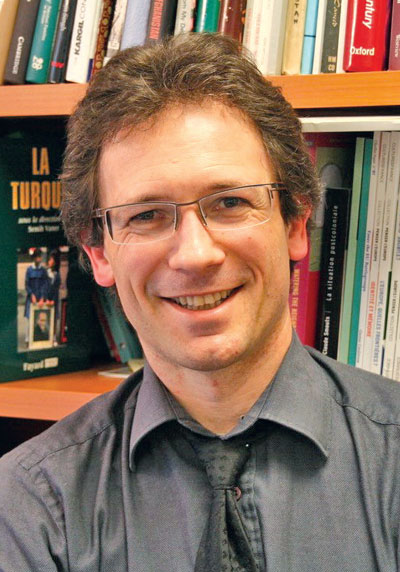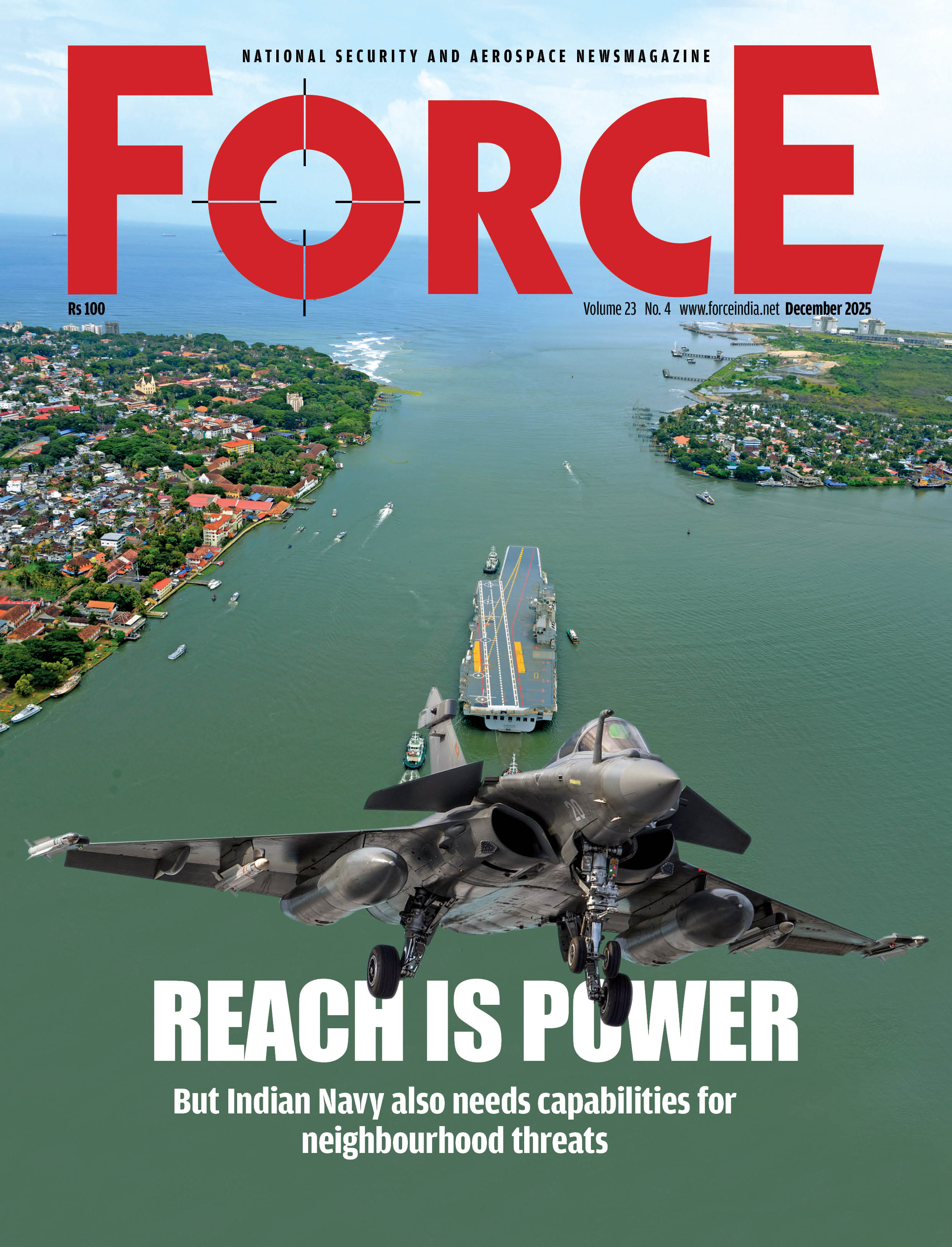In BJP-Ruled States There Were Cases of Lynchings, Anti-Love Jihad Mobilisations, Instances of Reconversions to Hinduism, Violent Attempts at Ghettoizing Muslims… But Nothing as Systematic as Today
Christophe Jaffrelot, author of Modi’s India: Hindu Nationalism and the Rise of Ethnic Democracy

You have done work on Narendra Modi in the past also, starting with his tenure in Gujarat. What kindled your interest in him and what has sustained it?
I am not interested in Narendra Modi as a person, but as an exemplar of national populism, an ideology that is prospering across the globe today. I am particularly interested in the dialectic between this form of majoritarianism and caste identity. In the book, I show that Moditva (the combination of Hindu nationalism and populism) is a response to Mandal. This is why its main supporters, originally, came from upper castes and dominant castes which saw in this movement—that Modi epitomised in Gujarat first —, an antidote to caste politics. With Moditva, the elite groups supporting BJP could tell OBCs and Dalits, ‘forget about your caste, your enemy is not within Hinduism, but the Muslim Other’. This strategy of polarisation worked to some extent.
I’m glad you mention Gujarat because this is the place where I started to study Modi’s politics. I visited the state in 2001 for the first time and returned to Ahmedabad every year till 2020. I have done extensive fieldwork on this laboratory which has helped me to understand all the mainstays of today’s Indian politics: majoritarianism, social polarisation (at the expense of lower castes and the peasantry), crony capitalism (an entry point into Modi’s business friendly rather than market friendly political economy) and of course the saturation of the public space by one man, as well as hero worship. All the ingredients of what was to become the dominant agenda of Indian politics were there in Gujarat for more than a decade.
Given your sustained engagement with Modi and his brand of politics, were there any discoveries that you made while working on Modi’s India?
I did not discover anything I did not know before while writing the book. I discovered something about Modi while I was writing, with my co-author, Pratinav Anil, the book that followed the French edition of Modi’s India: India’s First Dictatorship. The Emergency 1975-77. Then I discovered that Modi and Indira Gandhi had fascinating affinities. She was a populist of the left, but still a populist, equally eager to relate directly and systematically to the people via the radio as well as mass meetings (like Modi—think about Maan ki Baat).
She also invented a very effective body-language (she was very particular about the way she dressed too) and she knew how to connect with regional identities when she was canvassing. More importantly, she projected herself as the protector of the people against the establishment and presented herself as a victim of thes
Subscribe To Force
Fuel Fearless Journalism with Your Yearly Subscription
SUBSCRIBE NOW
We don’t tell you how to do your job…
But we put the environment in which you do your job in perspective, so that when you step out you do so with the complete picture.







